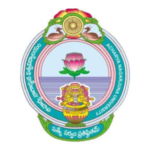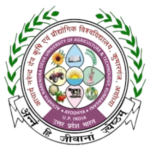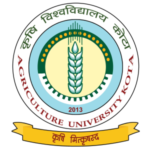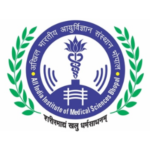Explore Higher Educational Institutions (HEI) in India!
Discover Your Dream Institute
State University
Institutes under State Government
Deemed University
Deemed to be University
Central University
Institutes under Government of India
NIT
National Institutes of Technology
IIIT
Indian Institutes of Information Technology
IIT
Indian Institutes of Technology
IIM
Indian Institutes of Management
AIIMS
All India Institute of Medical Sciences
DBT Institutes
Institutes under Department of Biotechnology
IISER
Indian Institutes of Science Education and Research
INI
Institutes of National Importance
DST Institutes
Institutes under Department of Science and Technology
Govt Institutes
Other Government Institutes
MoHFW Institutes
Institutes under Ministry of Health and Family Welfare
ICAR Institutes
Institutes under Indian Council of Agricultural Research
DAE Institute
Institutes under Department of Atomic Energy
Private University
State Private Universities
State Agricultural University
Agricultural University Under State Government
ICSSR Institutes
Institutes under Indian Council of Social Science Research
NID
National Institute of Design
NIPER
National Institute of Pharmaceutical Education and Research
AYUSH Institutes
Institutes under Ministry of AYUSH
NIFT
National Institute of Fashion Technology
Search Institute




Acharya Narendra Deva University of Agriculture and Technology
State University
Ayodhya, Uttar Pradesh






